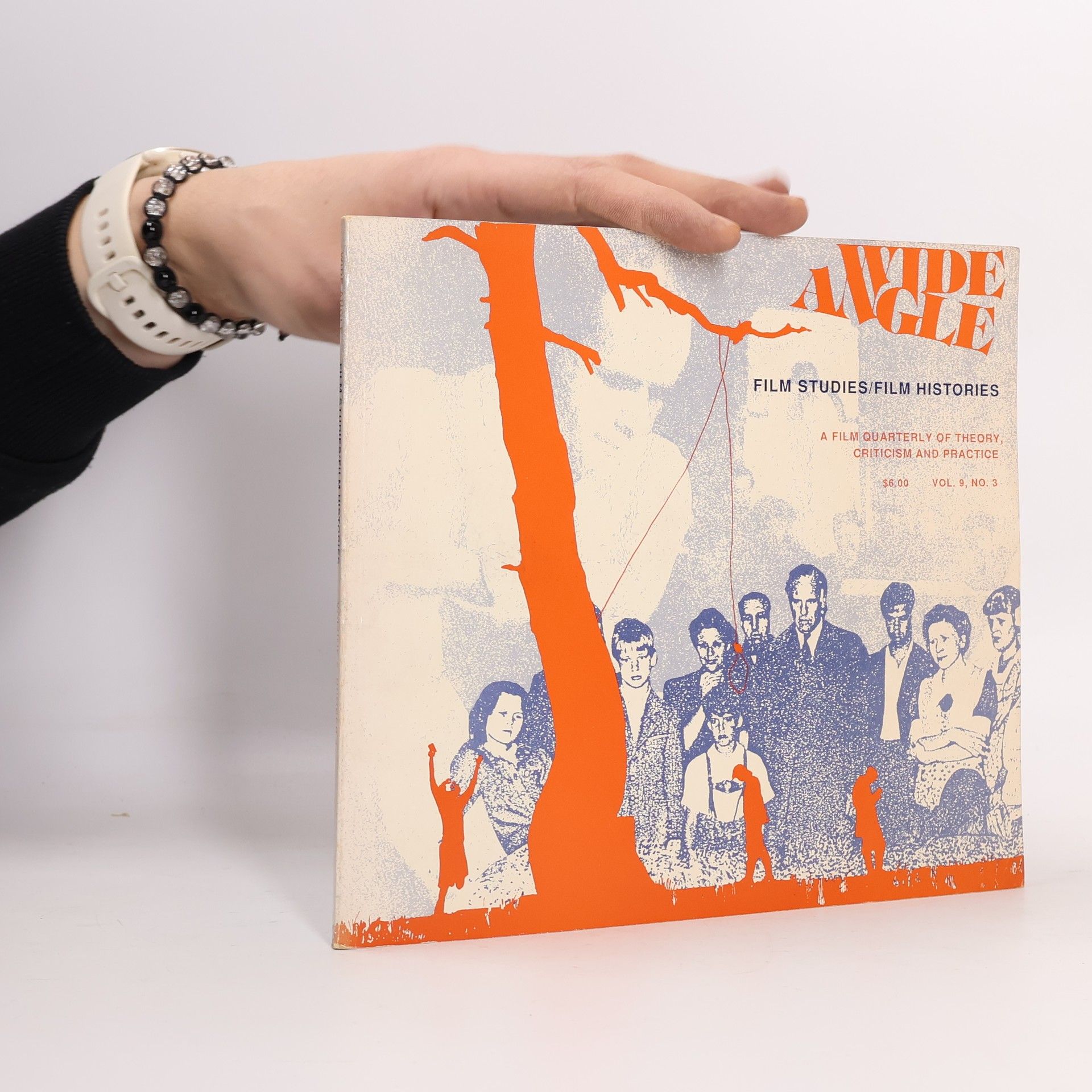French Cinema: A Very Short Introduction
- 144 pages
- 6 hours of reading
It is often claimed that the French invented cinema, and although their prominence may have been supplanted by Hollywood today, the French film industry remains both prolific and highly lauded. Exploring the entire French cinematic oeuvre, Andrew teases out the distinguishing themes, to bring the defining features of French cinema to light.

